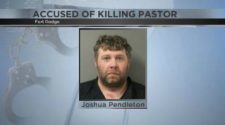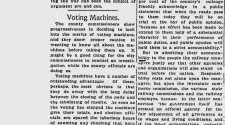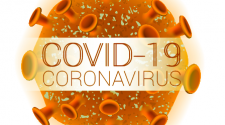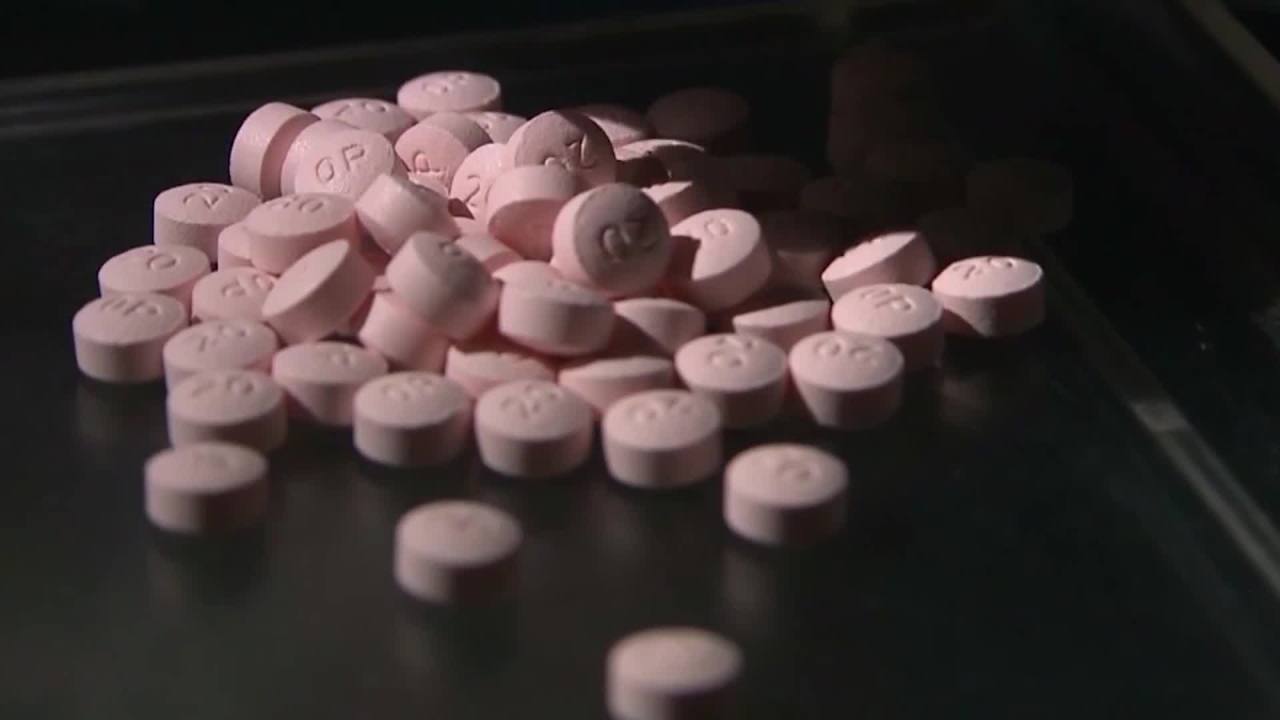YORK, Pa. (WHTM) — The COVID-19 pandemic has consumed the attention of the healthcare industry and the media. But while COVID cases were surging in emergency rooms, so were opioid overdose cases in almost a third of the state, including one Midstate county.
Overdose deaths in Pennsylvania are now almost at the level of their peak in 2017. So why are so many Pennsylvanians again losing their lives to opioids? The pandemic plays a major part.
Jennifer Smith is Pennsylvania’s Secretary of the Department of Drug and Alcohol Programs.
“You couple that with things like potential layoffs or job loss which means income loss which means inability to pay bills,” Secretary Smith said.
Smith says when life becomes so unstable, even those in long-term recovery can succumb to the draw of the drug. The social isolation and the inability to go to recovery meetings are a perfect storm to accelerate opioid deaths.
In York County, unsettling signs started appearing months ago.
“In early summer we were actually looking at refrigerated morgue space – more for opioid deaths. Actually, you would have thought it would be for COVID,” York County Coroner Pam Gay said.
When the most recent report was released, 2020 had the most opioid deaths in the history of York County, with almost 190 deaths, Gay says. That makes it one of the hardest-hit counties in the state.
The York County Coroner believes one reason is that York is so close to Baltimore, which is a heavy drug trafficking state. Also, York County has more recovery houses than most and so is prone to having more overdose deaths. Plus, she says, it’s close to multiple highways which makes drug trafficking easier.
Statewide, the numbers are disturbing. Reported opioid overdose deaths increased 13% from the year before.
In Columbia, Lancaster County, Pastor Adrian Boxley Of St. Paul Baptist church is well aware of these deaths of despair.
“Anxiety and depression. I call it the emotional roller coaster. One minute they’re high, the next minute they’re low and, as a result, they’re self-medicating,” Pastor Boxley said.
When parishioners turn to him for help, he suggests therapy and turning to God for comfort. But he says there’s something everyone can do to help: put self-righteousness aside, practice empathy and encourage professional drug treatment.
“Most times, their recovery hinges on that connection to people, it hinges on having access to some kind of recovery support program,” Secretary Smith said.
While face to face connection is lost right now, help is out there in the form of virtual 12-step meetings and doctor’s visits.
Secretary Smith encourages those struggling with opioid addiction to call 1-800-662-HELP.
She says when individuals reach out to this hotline, they won’t get the runaround and they won’t have to deal with insurance issues.
An expert will answer and will quickly get someone the help they or their loved one needs.
Secretary Smith also says it’s crucial to have Naloxone on hand for those who live with someone with an opioid-use disorder.
Naloxone is the overdose reversal drug that has saved countless lives both in Pa. and the United States.

















